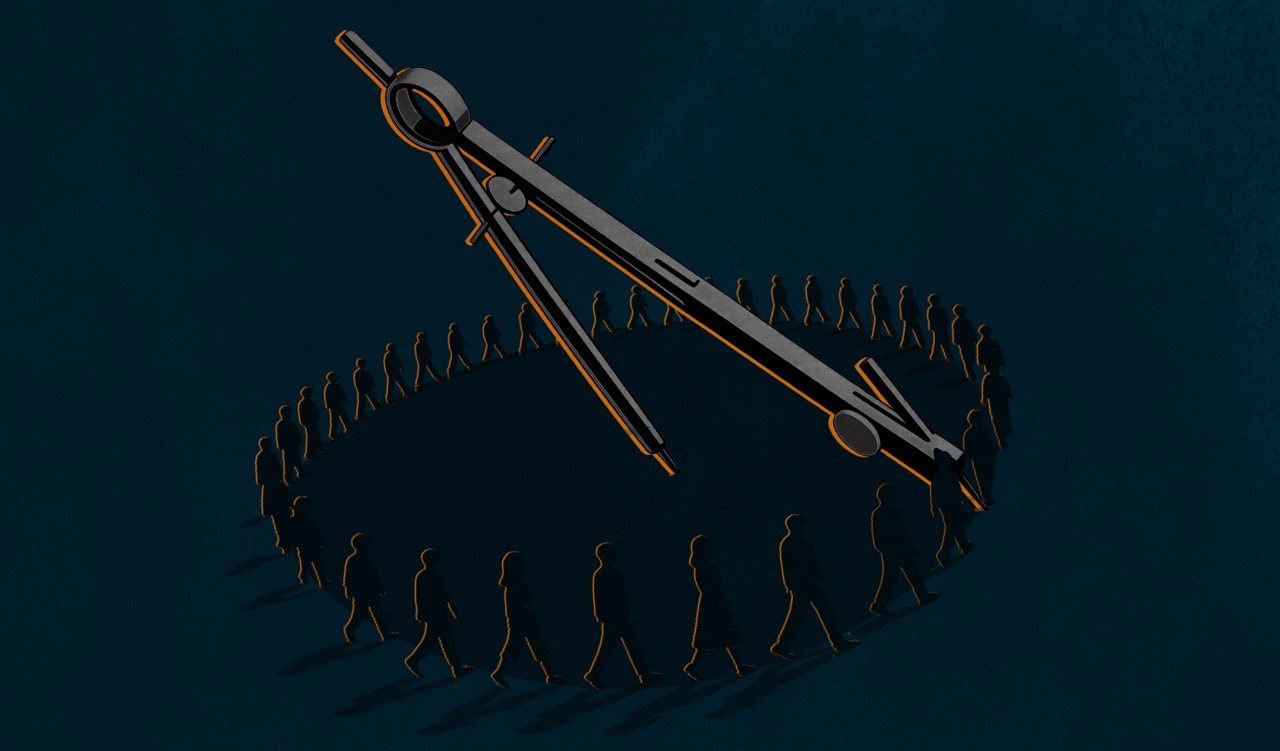
Extreme Pricing Goes Viral: Lessons for Teaching Price Controls
All price controls in competitive markets create unintended consequences.
Price controls are a popular topic among students. However, the effects of implementing price controls are not as straightforward as students typically expect, especially the unintended consequences that students tend to overlook. This paper provides three teaching guides designed to teach price controls which can be easily implemented in an introductory-level economics course. We build on the work of Geerling et al. (2023c) by using short-form viral videos from popular platforms such as YouTube and TikTok, which match the streaming and content medium of choice for Gen Z. The use of celebrities and social media influencers make abstract teaching moments more relatable to students. As such, this paper offers a unique opportunity for creatively teaching economics to a new generation of students.
Read the Full Paper
This paper was originally published by the Journal for Economic Educators
Economic Dynamism

The War on Disruption
The only way we can challenge stagnation is by attacking the underlying narratives. What today’s societies need is a celebration of messiness.

Unlocking Public Value: A Proposal for AI Opportunity Zones
Governments often regulate AI’s risks without measuring its rewards—AI Opportunity Zones would flip the script by granting public institutions open access to advanced systems in exchange for transparent, real-world testing that proves their value on society’s toughest challenges.

Downtowns are dying, but we know how to save them
Even those who yearn to visit or live in a walkable, dense neighborhood are not going to flock to a place surrounded by a grim urban dystopia.

The Housing Crisis
Soaring housing costs are driving young people towards socialism—only dispersed development and expanded property ownership can preserve liberal democracy.

Blocking AI’s Information Explosion Hurts Everyone
Preventing AI from performing its crucial role of providing information to the public will hinder the lives of those who need it.

Kevin Warsh’s Challenge to Fed Groupthink
Kevin Warsh understands the Fed’s mandate, respects its independence, and is willing to question comfortable assumptions when the evidence demands it.




.avif)
.jpeg)




.jpg)



.jpg)

